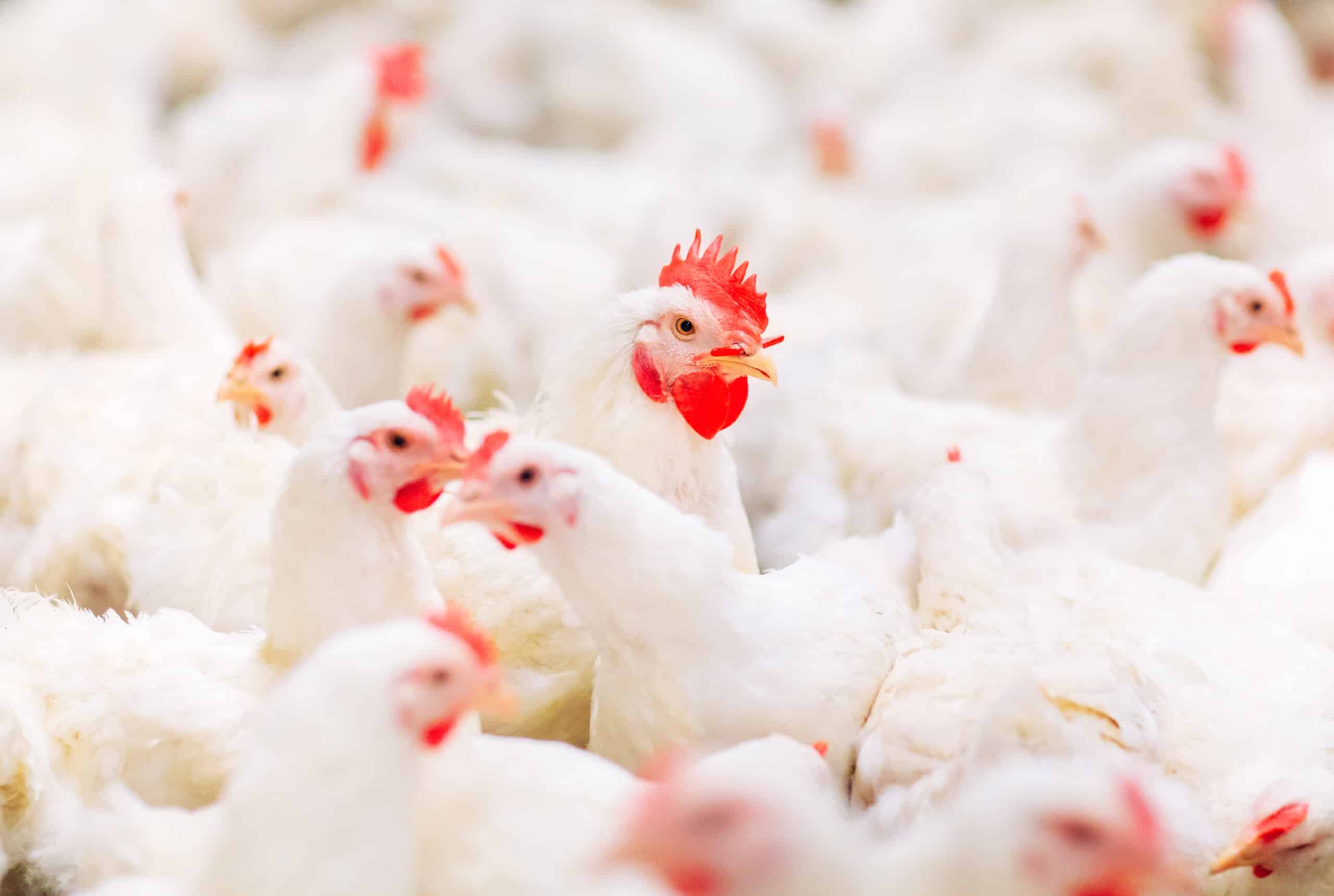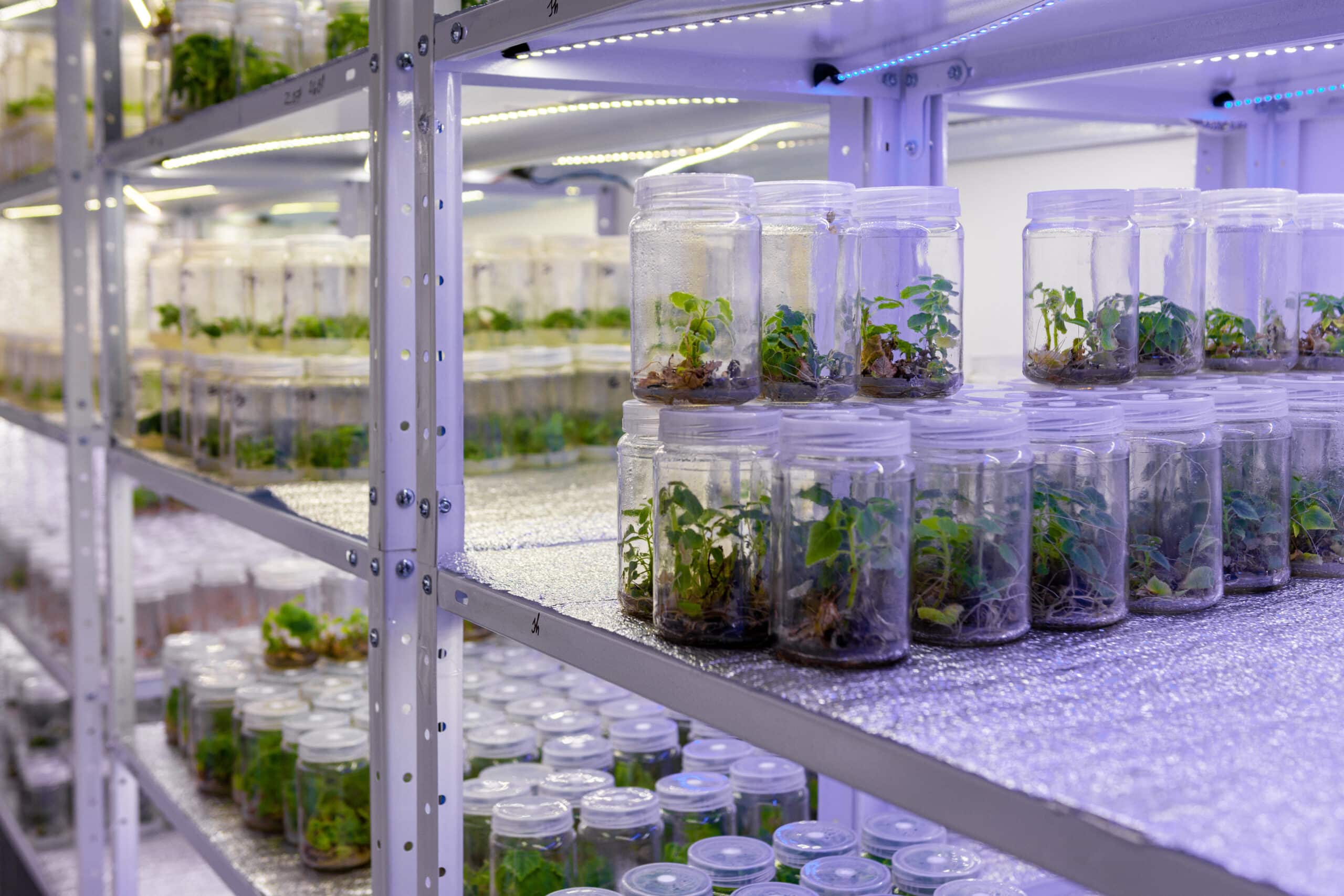EIT Food Alumni: Impact investing in agriculture and food
EIT Food recently brought together a panel of leading agrifood experts to discuss the role of impact investing and institutional investment in scaling European food and agribusinesses. In this engaging webinar, three panellists, including Farrelly Mitchell’s Managing Director Malachy Mitchell, shared eye-opening insights into the future of impact investing in agriculture and strategies for harnessing investments in the sector.
The webinar, titled “Scaling & Rising: Impact Investing in Agri-Food”, focused on how impact investments can generate positive social and environmental outcomes alongside financial returns, helping to catalyse sustainable growth and innovation in the industry.
As part of the panel, Malachy Mitchell discussed the key drivers of sustainability in the sector and the role that institutional investors play in facilitating growth and scaling food and agribusinesses.
Here’s some of the key takeaways from the event:
Sustainability drivers
The rise of impact investing in agriculture has been driven primarily by an increased awareness of and demand for sustainable practices. In particular, the food industry has had to respond to the challenges posed by climate impacts and changing consumer demand for sustainable products.
Climate change has had a profound impact on the agrifood industry, with temperature shifts, droughts, and floods causing food losses and economic hardship on a global scale, exacerbating poverty and food insecurity.
Additionally, there is a growing demand for plant-based foods and organic products, particularly in Europe, where sales of plant-based foods rose from €2.4 billion in 2018 to €3.6 billion in 2020. This reflects dietary shifts and increasing consumer interest in sustainability.
Growing evidence suggests that sustainability & ESG – once considered a checkbox exercise or a cost sink – are now aligning with financial incentives. Consequently, impact investments that deliver both financial returns and measurable positive social and environmental impacts are becoming increasingly viable.
Food and agriculture are among the most common sectors for impact investment, primarily due to their high impact on environmental and social issues, as well as a significant investment gap. Despite the importance of agriculture, official development assistance for this sector remains relatively low compared to other industries. This is particularly concerning in sub-Saharan Africa, where smallholder farmers face an annual financing gap of $65 billion. Impact investing can play a vital role in bridging this gap and supporting sustainable agricultural practices.
With the global population projected to increase, agricultural production will need to grow by 60-70% by 2050 to meet the rising demand for food. This presents a significant opportunity for impact investors to contribute to closing the financing gaps in agriculture while potentially generating long-term financial returns.
In response to these quickly approaching challenges, conducive policies and regulations are increasingly acting as drivers for impact investing. Initiatives like the Common Agricultural Policy (CAP), the European Green Deal, and the EU’s Farm to Fork Strategy are both supporting frameworks and powerful incentives for investors. By offering clear guidelines and financial rewards for sustainable practices, these regulations drive capital towards innovations and projects that align with environmental and social governance criteria. This proactive regulatory approach not only helps mitigate investment risks but also amplifies the potential financial returns from contributing to sustainable agricultural development.
The role of institutional investment
Institutional investors, such as pension funds, endowments, and sovereign wealth funds, are rapidly emerging as a major source of capital for growing agribusinesses. The assets under management by these investors have been growing at a remarkable compound annual rate of 18% between 2017 and 2022, indicating the significant capital inflows into this sector. The involvement of capital providers, strategic partners, and risk managers is essential to scaling business operations, fostering innovation, and steering agribusinesses towards practices and technologies that are economically and environmentally sound.
Institutional investments in agriculture offer multiple benefits to investors and the sector as a whole. First, they can serve as a hedge against inflation, as agricultural assets and commodities often maintain their value during inflationary periods. Additionally, these investments can generate stable income streams through rental payments, crop yields, or other revenue sources associated with agricultural operations.
Moreover, institutional investments in agribusinesses contribute to long-term value creation by facilitating the development of a resilient and sustainable food system. This is particularly important in the face of future challenges, such as the impacts of climate change and the need to meet the growing global demand for food. By providing capital and expertise, institutional investors can support the adoption of climate-resilient practices, resource-efficient technologies, and sustainable production methods, ultimately contributing to a more secure and environmentally friendly food system.
Sources and impact of institutional investment
Institutional capital flowing into the agrifood industry can come from diverse sources, each with distinct investment strategies, preferences, and objectives.
- Pension funds are significant contributors, attracted by the sector’s long-term growth potential and stable returns.
- Sovereign wealth funds invest globally to diversify portfolios and enhance food security.
- Endowment funds from universities and charities often invest in sustainable agriculture and social impact initiatives within the agri-food industry in order to align with their missions of promoting sustainability, environmental conservation, and social responsibility.
- Private equity firms and venture capital funds target high-growth opportunities and innovation within the agri-food sector. They provide capital to startups and established businesses to facilitate expansion, technology adoption, and market penetration.
- Insurance companies and asset managers invest through various vehicles – including infrastructure projects, farmland acquisitions, and commodity trading – as they seek to diversify their portfolios and generate returns through exposure to agricultural assets and commodities.
- Development finance institutions (DFIs) and multilateral agencies often fund agri-food projects in emerging markets with the aim of boosting productivity, sustainability, and resilience. Their investments frequently target initiatives that improve food security, promote sustainable agricultural practices, and support smallholder farmers and rural communities.
Collectively, these institutional investors provide essential capital, expertise, and governance to help agri-food businesses grow and comply with modern practices and regulatory standards. Their investments facilitate the adoption of innovative technologies, sustainable production methods, and efficient supply chain management, ultimately contributing to the development of a more resilient and sustainable global food system.
Guiding investors toward impactful and profitable ventures
Informed and strategic impact investments can have a profoundly positive effect on sustainability and growth within the European agri-food sector. By investing in food and agriculture through an impact lens, investors can address critical challenges such as food insecurity and environmental degradation. At the same time, they can potentially generate financial returns by supporting innovative solutions and sustainable practices that increase agricultural productivity and resilience.
At Farrelly Mitchell, we are committed to supporting business ventures that strike a balance between sustainability and profitability. Our food and agribusiness experts provide a wide range of investment supports tailored to the specific goals of our clients. By combining key commercial recommendations with in-depth ESG knowledge, we can guide investors who are looking to make a positive change through green finance initiatives such as impact investing in agriculture.














